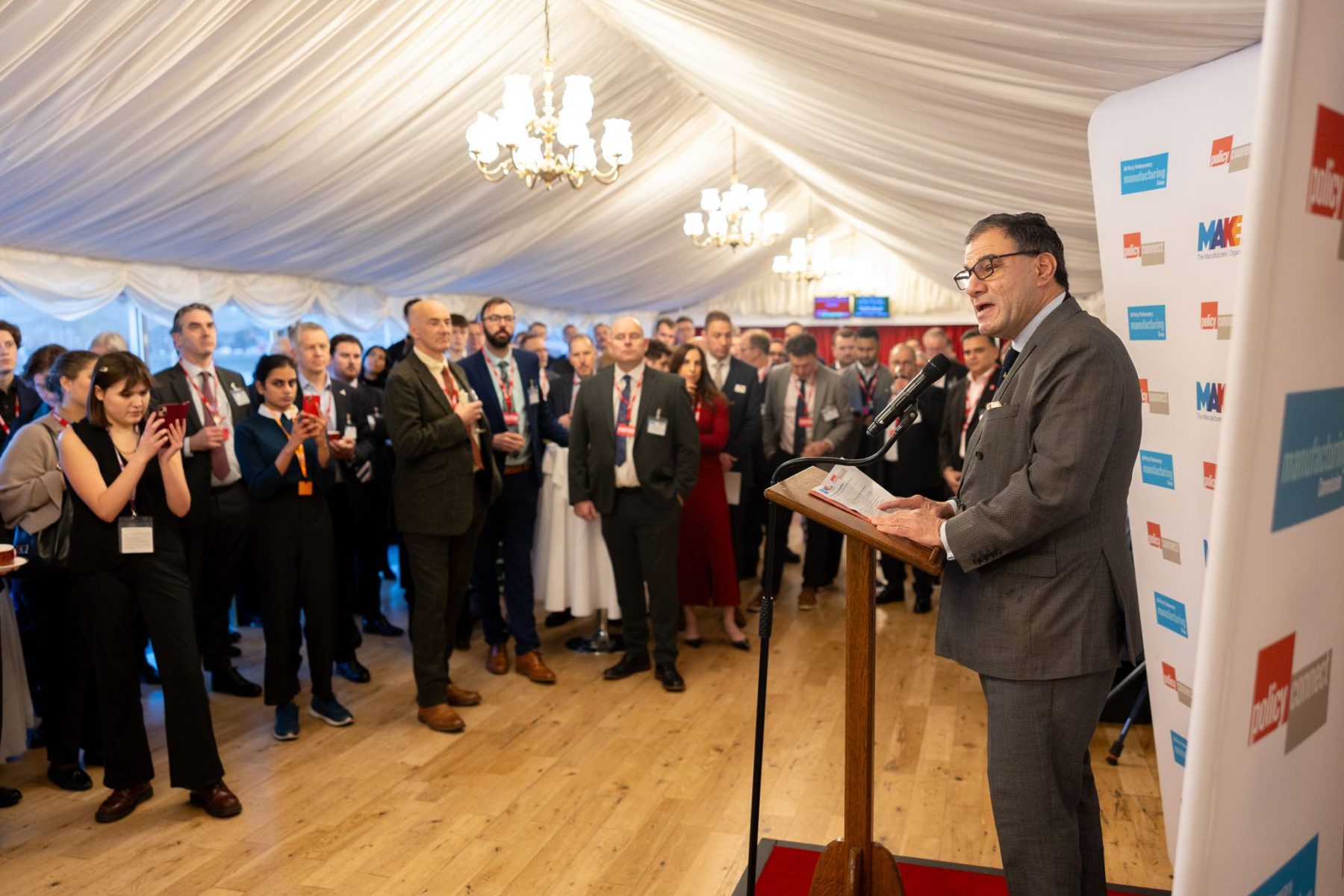Today, the All-Party Parliamentary Manufacturing Group (APMG) met with the purpose to widen the conversation and consider what the UK’s overall trading strategy should look like, and how it can be optimised to ensure a strong and resilient manufacturing sector.
This session was chaired by Jack Dromey MP, co-chair of APMG
We were joined by speakers from Make UK:
- Fergus McReynolds – Director of EU & International Affairs
- Richard Rumbelow – Director, International Trade & Member Relations
Key Discussion Points:
-
How can policy makers ensure that new trade deals, and the management of existing trade relationships safeguards and enhances UK manufacturing’s competitiveness.
-
What new trading opportunities do the challenges of net zero and covid-19 offer uk manufacturing?
-
How do we build understanding of our UK manufacturing supply chains, identify capacity gaps and reshore industries for future demand and consumption?
The session built on recent discussions on the UK EU Trade and Cooperation Agreement (TCA) and attempted to capture what export opportunities await Britain in its wider Foreign Trade Agreements as it pertains to keeping the UK as a global player. Since the UK EU TCA was negotiated in December 2020, manufacturing and other sectors have spent the past year getting to grips with the new EU trading environment.
Despite some of the challenges that leaving the EU has presented, it is clear that this offers the UK an opportunity to tighten its relationship with partners outside the EU and create an international trading market that benefits UK businesses. International trade goes beyond the EU and as a sector, manufacturers must be able to trade goods and resources at competitive rates, as well as being able to share their knowledge and products with minimal barriers across multiple economies.
The UK government has been working to secure several new Free Trade Agreements (FTAs) with key trading partners. International trade is indisputably important with our largest trading partners being the EU, China and the US. What must be understood, is how the UK manufacturing sector will be able to benefit from access to these markets, and critically, ensuring that they can continue to manufacture with a competitive advantage. Key to this, is ensuring that trade and supporting policies creates the right conditions for businesses to continue building resilient supply chains.
In 2015, alongside the Industrial Strategy, UK government created an action plan to strengthen UK manufacturing supply chains. In that paper, the challenges around UK manufacturing supply chains about trade were well understood, this sort of mapping activity must be updated with the newer challenges of leaving the EU, covid-19 and net zero targets.
The FTAs and our new perspective on international trade create an opportunity to redefine UK industry at a global level, and the APMG urge that manufacturing as a sector is at the core of any trade strategy.
Policy Connect and the APMG will use the contributions in this discussion in our submission to the International Trade Select Committee inquiry response later this year.
Follow @TheAPMG on Twitter to stay up-to-date with their work and to not miss out on the upcoming events.




